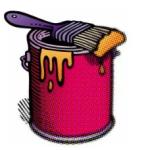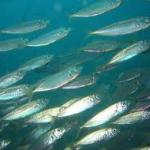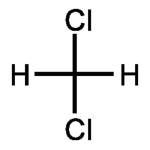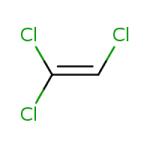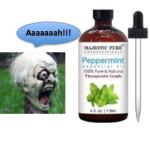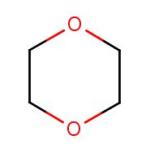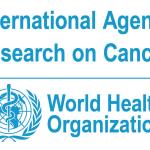CNN's Christiane Amanpour has a unique relationship with reality.
Chemicals & Chemistry
Forty solid years after the Consumer Product Safety Commission implemented regulations for getting rid of lead-based paint, the US is still on the lead-based paint merry-go-round.
A significant effort is underway to assess the environmental repercussions on marine life in the Gulf of Mexico from the massive and historic Deepwater Horizon explosion and oil spill.
News outlets just love to scare people. Scares get readers. Readers mean money. Most of the time the scares are overblown. Not this time.
The online news arm of the journal Science is a solid source of information. However, recently it made a very strange editorial decision that could potentially harm its reputation.
As I've written many times before, plants do not exist to serve humans. They exist so they can exist. In order to do so, they become factories for all kinds of toxic chemicals to ward off whatever varmint is in the mood to eat them.
Last month, the International Agency for Research on Cancer (IARC), which operates under the auspices of the U.N.

